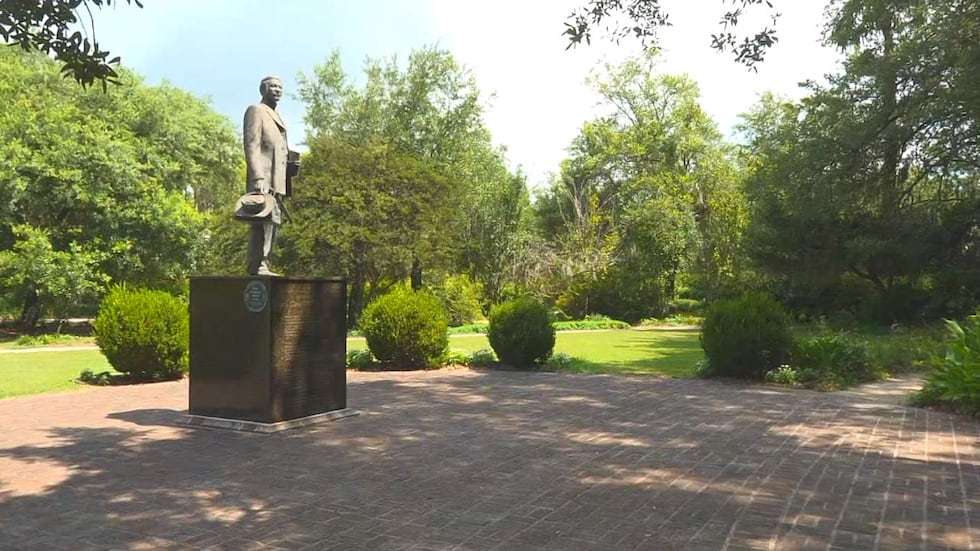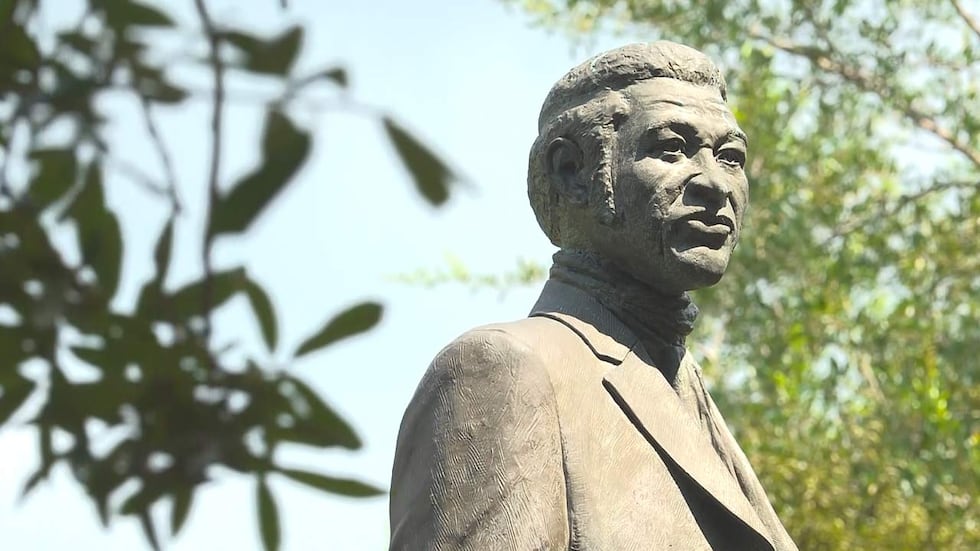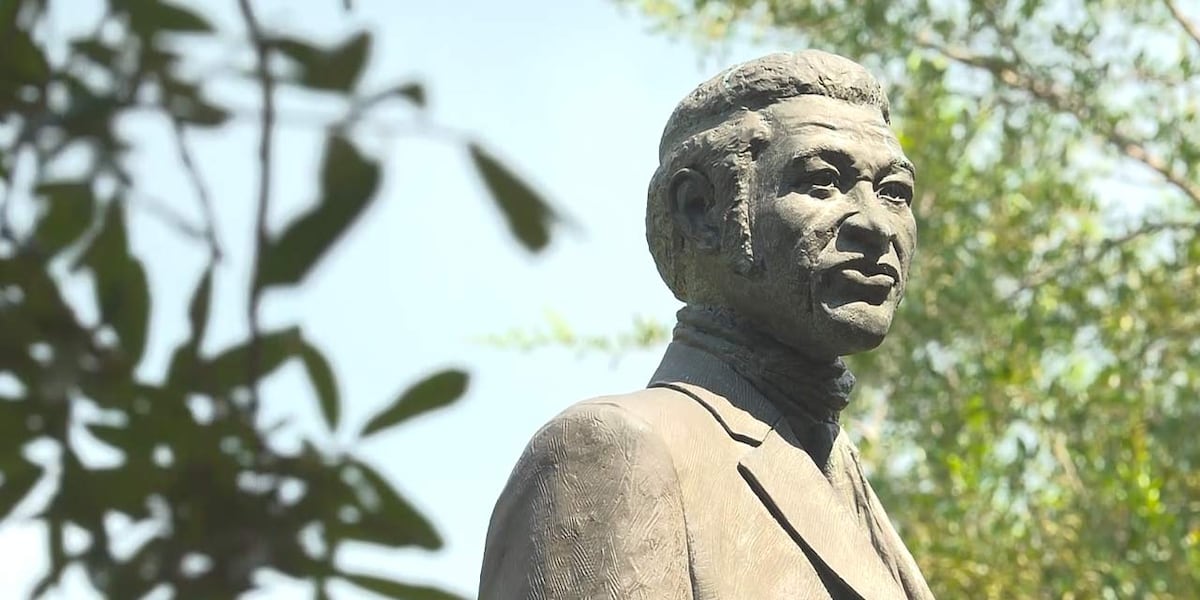CHARLESTON, S.C. (WCSC) – A former slave’s attempt to lead a rebellion in Charleston during the summer of 1822 would forever alter life in the Lowcountry, even though the uprising never occurred.
Denmark Vesey’s name was so taboo that history experts today don’t know for certain how his last name is pronounced, and no records exist of what he looked like. But his impact on Charleston was undeniable.
“His name was whispered. It was a different narrative. Denmark Vesey. As I’m growing up, I’m being told he was a terrorist,” Mother Emanuel AME Church historian Lee J. Bennett said.
Dr. Bernard Powers, the director for the Center of the Study of Slavery at the College of Charleston, said South Carolina never recovered from what almost happened.
Vesey’s path to freedom
Born in St. Thomas in 1767, Denmark Vesey was purchased by ship captain Joseph Vesey, who brought him to Charleston. Vesey worked until he bought a lottery ticket and won $1,500.
“The Captain allowed Denmark to purchase his freedom with a portion of the money and then keep the rest,” Powers said.

The monument to Denmark Vesey stands in Hampton Park in downtown Charleston.(Live 5)
Now free, Vesey made his living as a carpenter, though free Blacks remained very limited in their rights. Being literate, Vesey learned from newspapers of a successful slave insurrection in Haiti that created the first independent Black country in the Western Hemisphere.
“This was a situation that was unprecedented in world history. Where a servile population had risen up and struck a blow for their own freedom. But then went a second step to expel their colonial masters too and took the whole country over,” Powers said.
The rebellion plan
The Haiti uprising planted an idea for a similar rebellion in Charleston. Vesey’s plan involved setting fires strategically around the city and breaking into downtown arsenals to take weapons.
The ultimate goal was to get as many people as possible to the docks and onto ships to sail to Haiti. But the plan was discovered when a domestic servant told their owner.
“Word about the conspiracy was mentioned to someone considered to be untrustworthy and indeed that person eventually spoke to others and they encouraged him to inform his owner and word was then taken to the authorities,” Powers said.
Consequences and lasting impact
Vesey and 34 other people were tried and executed. A large number of enslaved people, deemed part of the conspiracy, were exiled from South Carolina. Some white men were fined and jailed for sympathizing with the movement.
“To even talk about the idea of insurrection and rebellion was in and of itself in South Carolina rebellion,” Powers said.
The failed plan exposed fear and changed Charleston permanently. White authorities destroyed the African church where Vesey worshipped and passed acts like the Negro Seaman Act.
“If a ship docked in the port of Charleston, any free person on board that ship would have to be taken to jail and remain in jail for the duration of the ship’s stay in the Harbour here,” Powers said. “And that was in an effort to try and prevent any communication between free Blacks here and foreign free Blacks.”
Security increased to regulate Black lives more stringently. The South Carolina Military Academy, known today as The Citadel, was built in 1842 to ensure white men had military skills to put down future slave insurrections.
When Abraham Lincoln was elected president, some white South Carolinians believed secession was their only option.
“People never talk about succession as an effort to protect white lives. But if you read the letters of white South Carolinians, look at the speeches they gave they frequently referred to the potential of Haiti happening right here,” Powers said.

A monument to Denmark Vesey stands in downtown Charleston. But there was a time when his name was so taboo that today’s history experts don’t even know how his last name was pronounced.(Live 5)
Bennett said it’s important to tell these stories with a different narrative.
“I think it is time to have a different narrative to talk about Denmark Vesey as being a liberator, of Denmark Vesey being a revolutionary,” Bennett said.
A revolutionary who almost disrupted an entire state’s system of power is no longer hushed in history but finally acknowledged.
Copyright 2025 WCSC. All rights reserved.
